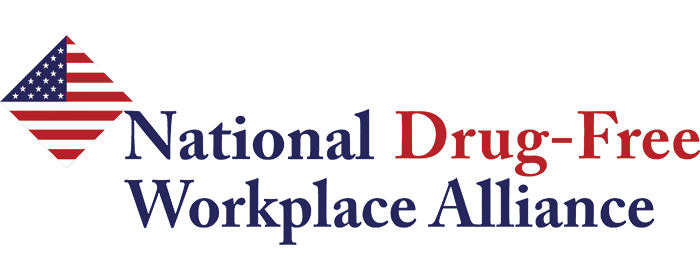You as a small business owner have the opportunity to shape your workplace into a supportive environment for employees who are on the path to recovery from substance use disorder (SUD). This approach not only benefits individuals in recovery but can also enhance the overall health and productivity of your business. Here’s how the concept of Recovery Friendly Workplace (also known as Recovery Ready Workplace) can serve as a powerful example of what communities and businesses can do to support employees in recovery.
Substance use disorder is a significant issue that affects many employees. 7 out of 10 people impacted by SUD are employed.1 For these individuals, the workplace can be a critical support system. By fostering a recovery-friendly environment, businesses can help employees maintain their sobriety, improve job satisfaction, and reduce the stigma associated with addiction.
A Recovery Friendly/Ready Workplace is a business that actively supports employees in recovery from substance use disorder. This initiative involves creating a supportive work environment, providing access to recovery resources, and training staff to understand and address the unique challenges faced by individuals in recovery.
A Case Study in Maine
In Washington County, Maine, a statewide initiative is working to create Recovery Friendly Workplaces through a network that connects employers with resources, training, and support services. This initiative was inspired by real-life success stories, such as that of Brian Frutchey. After facing significant challenges due to his substance use, Frutchey turned his life around with the help of supportive employers and recovery programs. Today, he is a regional manager and a community leader, demonstrating the transformative power of a supportive work environment.
The Recovery Friendly Workplace network in Washington County is a prime example of how communities and businesses can collaborate to support employees in recovery. The initiative provides valuable resources for employers, including information on available tax credits for hiring individuals in recovery, and training on how to create a supportive work environment. Find out more about this initiative here.
How to Get Started
1. Educate Your Team: Start by educating your staff about substance use disorder and recovery. Understanding the challenges faced by individuals in recovery can foster a more supportive and empathetic workplace culture.
2. Provide Resources: Connect employees to resources that can assist with recovery, such as counseling services or support groups. Consider including naloxone, a medication that can reverse opioid overdoses, in your workplace first aid kits.
3. Create a Supportive Culture: Develop policies that support employees in recovery, such as flexible work arrangements or access to employee assistance programs. Encourage an open dialogue about recovery to reduce stigma and promote understanding.
4. Partner with Local Organizations: Engage with local recovery community centers or non-profit organizations that can provide additional support and resources for both your business and your employees.
5. Consider Certification: Explore the possibility of becoming a certified Recovery Friendly Workplace. This certification can provide additional credibility and show your commitment to supporting employees in recovery.
Consider joining or creating a Recovery Friendly Workplace in your community. Your commitment can make a significant difference in the lives of individuals in recovery, helping them to rebuild their lives and contribute positively to your business and society.
Here’s the Recovery-Ready Workplace Toolkit championed by the U.S. Department of Labor to help you get started!
Citations:
- Frone, M. R., Chosewood, L. C., Osborne, J. C., & Howard, J. J. (2022). Workplace Supported Recovery from Substance Use Disorders: Defining the Construct, Developing a Model, and Proposing an Agenda for Future Research. Occupational Health Science, 6(4), 475–511. https://doi.org/10.1007/s41542-022-00123-x
Sources:
Kryszak, J. (2023, December 12). Statewide initiative recruits employers to combat substance use disorder with innovative workplace program. The Maine Monitor. https://themainemonitor.org/maine-employers-combat-substance-use-disorder/









